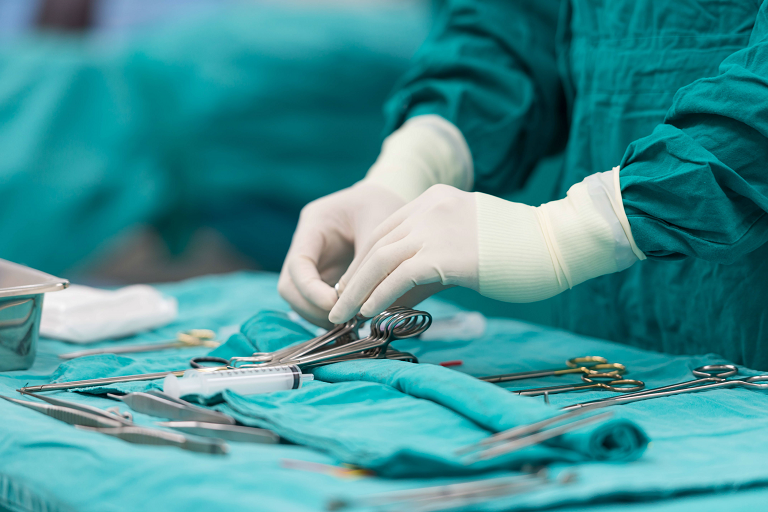Medical Device Safety- What Every Patient Must Know
Modern patients are more educated and aware than ever, and they expect providers to go the extra mile with the quality of care. Beyond quality healthcare services, they look for safe and effective medical devices as well. Device safety becomes a crucial responsibility for manufacturers as it addresses regulatory requirements and mitigates risks to public health. At the patient end, safety awareness plays a significant role. Here are the facts that every patient must know about medical device safety.
Precision matters the most
Precision is the first factor to bear in mind when it comes to the safety of medical devices. Precision may relate to the measurements a product provides or the amount of medicine it dispenses, as the case may be. Even a slight variation can lead to problems for the patient. At times, precision may drop after several uses. Patients need to know these factors so that they can be sure about precise results and correct usage.
Device lifetime is important
Lifetime determines the precision and longevity of medical devices. As a patient, you need to go through the manufacturer’s specifications to get a fair idea of the lifetime of the product. Further, mechanisms determine its expected lifetime and maintenance schedule. Providers must ensure that devices are maintained accordingly as their failure can impact patient health.
Device coating is crucial
The coating is another factor that affects the safety of a medical device, specifically the ones used in surgical procedures and for implants. You need to ensure the right coating applications that are biocompatible and safe even as they enter the human body. Surgical devices are coated with lubricating materials that enhance patient comfort and reduce pain during the procedure. Likewise, implant coatings form a biocompatible barrier to prevent infections and reactions once they are implanted inside the body.
Design usability is a priority
Another factor that influences the safety of a device is its design usability. If a product design keeps the ease of usability in mind, there is hardly a chance of safety issues. Ideally, it must not feel weak or break easily. The input effort should be minimal as more effort can cause more pain. It also elevates the risk of errors and breakage of the device. Patients cannot assess the design usability with limited knowledge, but they can follow the testing and validation results to get a fair idea.
Following up clinical research helps
Patient education helps them evaluate medical device safety, but it is not enough. Following clinical research data is a good idea because it offers validity to safety claims and breeds trust for the end-users. Looking for third-party clinical research is a good idea if you want an unbiased opinion. Further, it makes sense to research the reputation of the manufacturer to be extra sure.
Patients have to trust providers for care and treatment, but it is always wise to do your bit to ensure safety and quality. It is easy to focus on provider reputation and treatment credibility, and sideline device safety. But you need a holistic approach that covers the validation of devices used for your treatment.

































